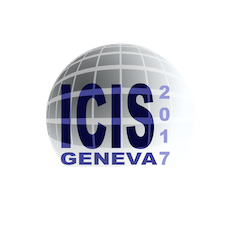Speaker
Description
One of the typical “isotope effects” in negative ion sources for fusion is that the amount of co-extracted electrons is increased for the deuterium plasmas compared to the hydrogen plasmas. With respect to this phenomenon, the experimental result was reported, in which dependence of the co-extracted electron current on the bias voltage changed with plasma species [1]. In Ref. [1], the authors suggested that the plasma potential may become higher in the deuterium plasmas because of the smaller ion loss rate, and that this may cause the co-extracted electron current to increase at same bias voltage. In order to examine this hypothesis and give deeper knowledges on the isotope effects in hydrogen negative ion sources, we have carried out the probe measurements in the extraction and driver regions with different gases (H$_2$, He, Ar).
We observed the mass dependence of the plasma potential. In addition, it was found that difference of the electron density in the extraction and driver regions becomes smaller with the heavier gas. In the paper, we will show dependence of the plasma parameters on the plasma species in different discharge conditions and will discuss roles of the magnetic filter and the grid bias on the isotope effects.
References
[1] T. Inoue, et. al., Rev. Sci. Instrum. 61 (1), 496 (1990).
